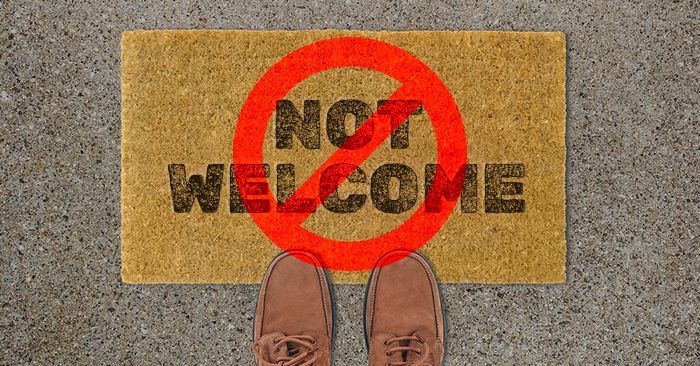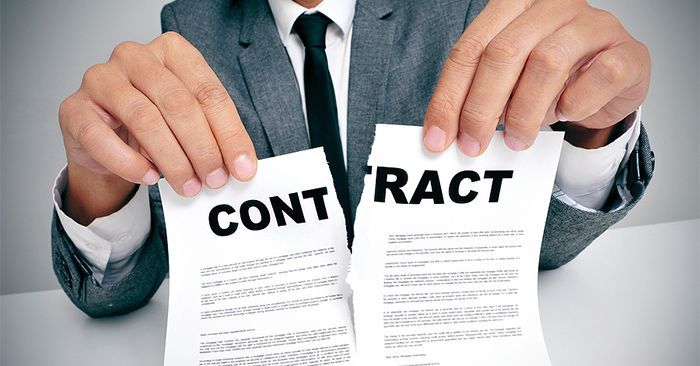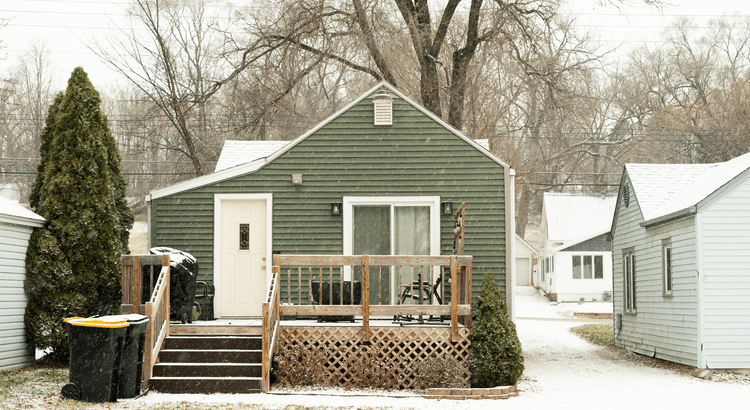Focus on WHAT Your Buyer’s Offer Is, Not WHO They Are When Selling Your House (Unless You Want a Lawsuit)

There can be some emotional attachment when people sell a house, since it was usually the person’s home. So it’s understandable that a homeowner might want to know that the buyer is someone who’s going to love and appreciate their home moving forward, which is why many buyers have written so-called “love letters” to go along with their offers over the years.
The “love letters” aren’t just objective data and facts; they’re a peek into who the potential buyer really is and are written in hopes of swaying the seller to accept their offer by tugging at their heart strings. Sometimes it’s to give them an edge when there are other offers to consider, or it could be to convince the owners to take an offer they’d otherwise balk at due to a less than desirable price, contingencies, or terms.
But those letters have come under scrutiny in the past few years. Oregon went as far as banning them in 2021, because they were trying to prevent discrimination which can occur when a seller considers who the buyer is, rather than just the price and terms being offered. A federal court ended up ruling the ban to be a violation of First Amendment rights, so they’re legal again, but it’s a good reminder to think about how easy it can be for someone to cross the fine line into discrimination.
You might be the most accepting, unbiased person in the world, but there’s always that chance that the human tendency to identify with someone could sway your judgment. And sadly, there are still home sellers out there who would deliberately choose to discriminate against someone who wants to buy their house because they’re different from them — even if it’s the best offer.
But discriminating against a buyer because of who they are isn’t just morally wrong, it’s illegal.
What Can’t You Discriminate Against?
To keep it as simple as possible, the only things you should be considering about a buyer are the price and terms they’re offering. Are they acceptable to you or not? If you have multiple offers to consider, are they the best price and terms out of all of the other offers? That’s the simplest way to avoid even the possibility of discriminating against a buyer.
But it’s not always possible to be completely unaware of who the buyer is. For instance, sometimes you meet them or see them when they come to look at your house. Or they submit a letter with personal details, as mentioned above.
In case you do get to know who your potential buyer is, you should know that The Fair Housing Act makes it illegal for you to discriminate against anyone based upon their:
- Race
- Color
- Religion
- Sex (including gender identity and sexual orientation)
- Disability
- Familial status
- National origin
Those are the protected classes on the federal level, but many states have even broader laws.
Discrimination Isn’t Just Wrong, It Can Cost You…
Making a discriminatory decision isn’t just wrong to do, it can have legal and financial consequences.
If you’re found to have violated the Fair Housing Act by the US Department of Housing and Urban Development (HUD), among other things, you can be ordered to:
- Compensate the victim for actual damages, out-of-pocket expenses, and emotional distress damages.
- Pay their attorney’s fees.
- Pay a fine of between $16,000 and $65,000, depending on the number and frequency of your violations.
In addition to HUD, the person you discriminated against can bring a civil suit against you to pursue further damages and costs.
Your Real Estate Agent Can Help You Stay Out of Trouble
Every real estate agent should be very much aware of the Fair Housing Act and make sure you don’t violate it. But if you hire an agent who’s willing to help you ignore it or violate it, you’re asking for trouble.
While all agents have their own way of doing things, if you want to avoid any hint of discrimination, you might ask your agent to only divulge the objective facts about the offers you receive.
The Takeaway:
Discriminating against a buyer because of who they are isn’t just wrong, it’s illegal when selling your house. The Fair Housing Act makes it against the law to let anyone’s race, color, religion, sex, disability, familial status, or national origin impact whether or not you accept their offer.
To avoid any hint of discrimination, focus on what the buyer’s offer is — the price, terms and contingencies — and not who they are.
Share this post




